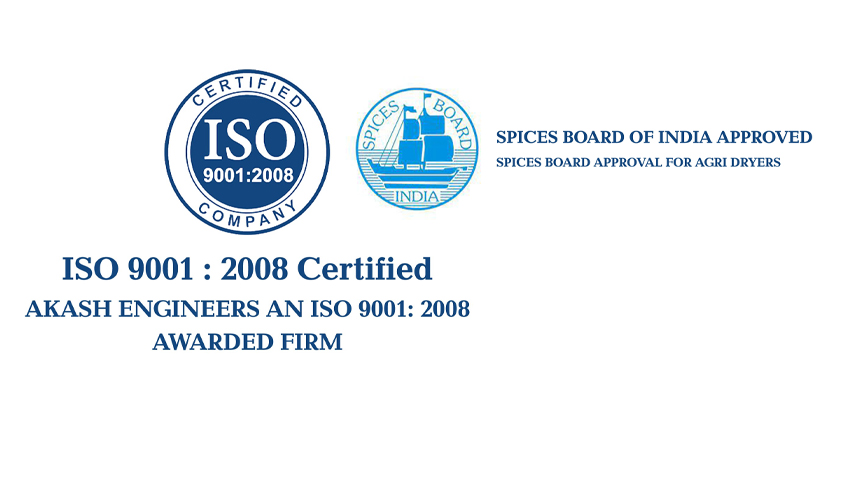The Future of Sustainable Agriculture: Innovations and Practices
Sustainable agriculture is more than just a buzzword; it's a movement that is reshaping the way we grow our food and manage our land. As the world grapples with increasing population, climate change, and environmental degradation, the need for sustainable agricultural practices has never been more critical. In this blog post, we'll explore the future of sustainable agriculture, focusing on the innovative technologies and practices that are revolutionizing the industry.
The Rise of Precision Agriculture: One of the most significant advancements in sustainable agriculture is the rise of precision agriculture. This approach leverages technology, such as GPS, sensors, and data analytics, to optimize farming practices. Farmers can now precisely manage resources like water, fertilizers, and pesticides, reducing waste and environmental impact. By tailoring their actions to the specific needs of their crops, farmers can increase yields while reducing the overall environmental footprint.
Regenerative Farming Practices: Regenerative farming is gaining momentum as a powerful force for sustainability. This approach emphasizes soil health and biodiversity, seeking to restore and enhance the land's natural vitality. Practices like cover cropping, crop rotation, and reduced tillage help improve soil structure, sequester carbon, and reduce the need for synthetic inputs. Farmers are increasingly embracing regenerative agriculture not only for its environmental benefits but also for its long-term profitability and resilience.
Innovations in Crop Protection: Sustainable agriculture also involves finding alternatives to chemical pesticides. Biopesticides, for instance, utilize naturally occurring substances to control pests while minimizing harm to non-target organisms. Additionally, genetic engineering techniques like CRISPR are being used to develop pest-resistant crops, reducing the need for chemical interventions. These innovations are not only ecologically sound but also safer for consumers.
Urban Farming and Vertical Agriculture: As urbanization continues, the concept of urban farming and vertical agriculture is gaining traction. These innovative approaches involve growing food in cities and vertical structures, utilizing space efficiently. They reduce the carbon footprint associated with transporting food from rural areas to urban centers. Furthermore, controlled environment agriculture, including hydroponics and aquaponics, allows for year-round crop production with minimal water usage.
Conclusion: The future of sustainable agriculture is brimming with promise. Innovations in precision agriculture, regenerative practices, crop protection, and urban farming are reshaping the industry, making it more environmentally responsible, economically viable, and resilient. As consumers increasingly demand sustainable food sources, these innovations will play a pivotal role in meeting those needs. In the coming years, we can look forward to a food system that is not only productive but also kinder to our planet. The path to a more sustainable future is here, and it's flourishing in the fields and farms of tomorrow.

